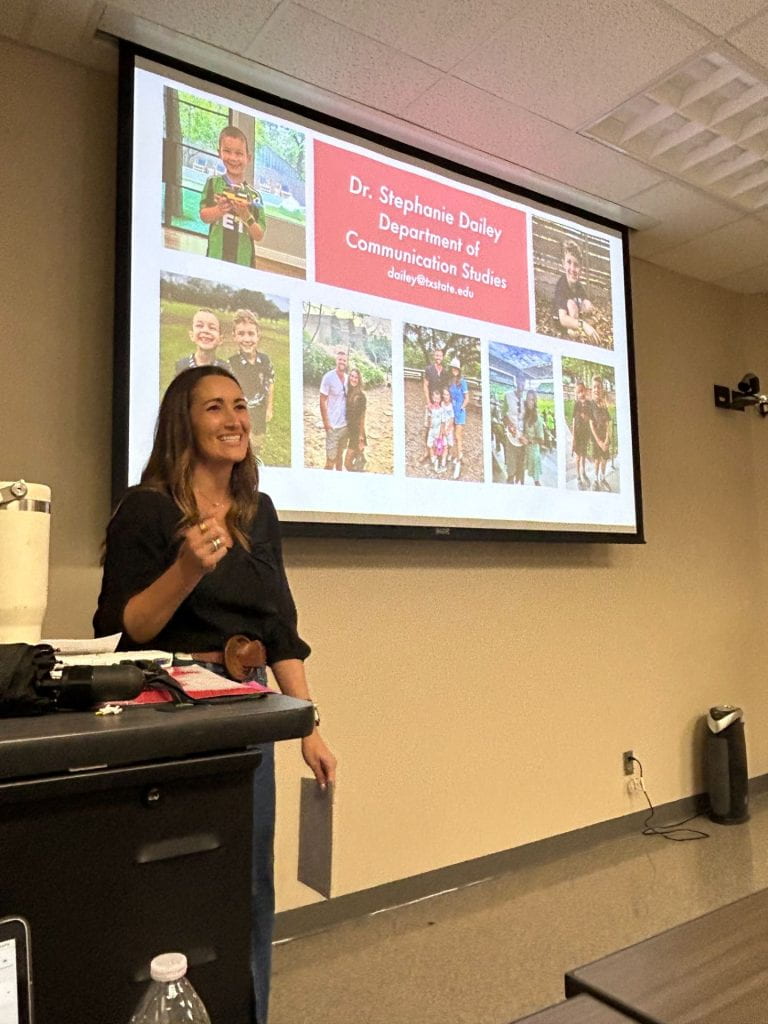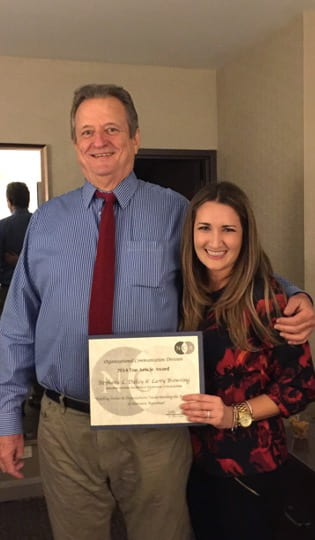I’m so proud to share that the President and Provost approved my promotion to Full Professor at Texas State University.
I’m so grateful for the incredible students who keep me inspired, the colleagues and mentors who’ve challenged me to grow, and the co-authors who’ve made research a true joy.
Here’s to continuing the work I love, making a difference, and lifting others throughout the journey ahead.









